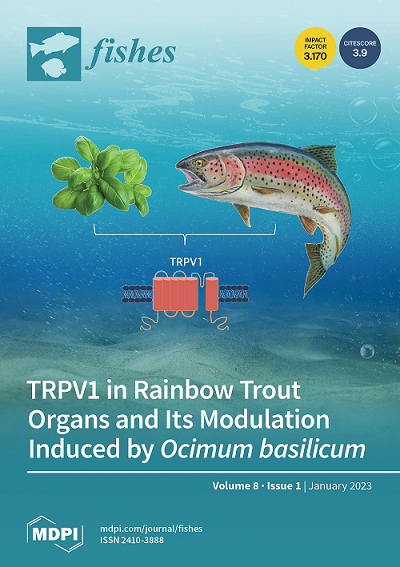Application of Artificial Intelligence in the Study of Fishing Vessel Behavior
IF 2.1
3区 农林科学
Q2 FISHERIES
引用次数: 0
Abstract
Monitoring and understanding the behavior of fishing vessels are important in facilitating effective management, preventing illegal fishing, informing fishing grounds and evaluating effects of harvests on fishery resources. In recent decades, a large quantity of real-time data of fishing vessels have become available with the development of vessel-tracking systems, making it possible to study the behavior of fishing vessels in high spatial and temporal resolutions. To effectively and efficiently deal with the large amount of data, algorithms from artificial intelligence (AI) are increasingly applied in the study of fishing vessel behavior. In this paper, we first introduce the various data sources for studying fishing vessel behavior and compare their pros and cons. Secondly, we review the AI methods that have been used to monitor and extract the behavior of fishing vessels from big data. Then, studies on the physical, ecological and social mechanisms affecting the behavior of fishing vessels were synthesized. Lastly, we review the applications of fishing vessel behavior in fishery science and management.人工智能在渔船行为研究中的应用
监测和了解渔船的行为对于促进有效管理、防止非法捕鱼、通知渔场和评估捕捞对渔业资源的影响非常重要。近几十年来,随着船舶跟踪系统的发展,获得了大量的实时渔船数据,使得对渔船行为的高时空分辨率研究成为可能。为了有效和高效地处理大量数据,人工智能(AI)算法越来越多地应用于渔船行为研究。本文首先介绍了用于研究渔船行为的各种数据源,并比较了它们的优缺点。其次,我们回顾了已经用于从大数据中监测和提取渔船行为的人工智能方法。综合研究了影响渔船行为的物理机制、生态机制和社会机制。最后,综述了渔船行为在渔业科学与管理中的应用。
本文章由计算机程序翻译,如有差异,请以英文原文为准。
求助全文
约1分钟内获得全文
求助全文

 求助内容:
求助内容: 应助结果提醒方式:
应助结果提醒方式:


